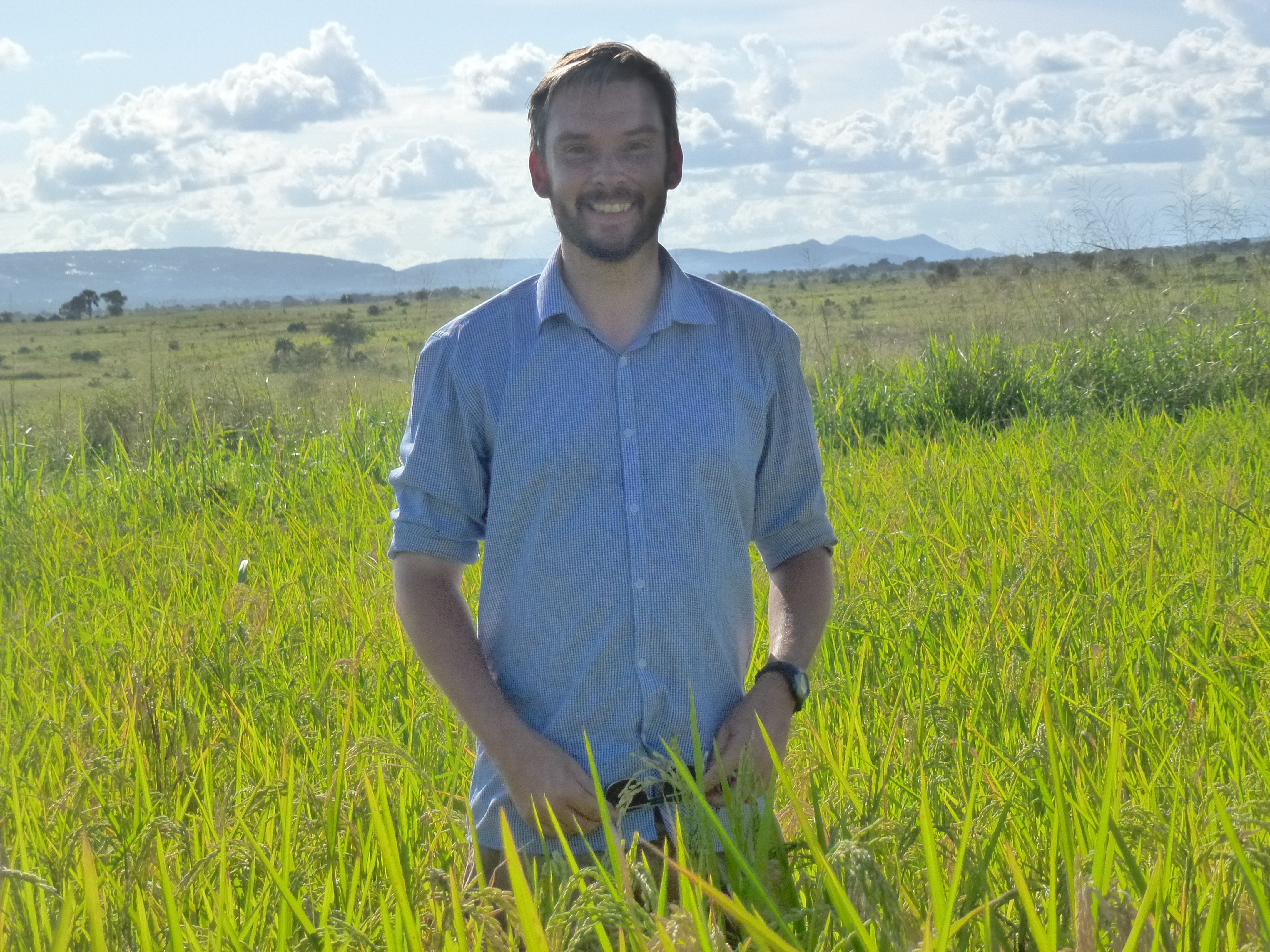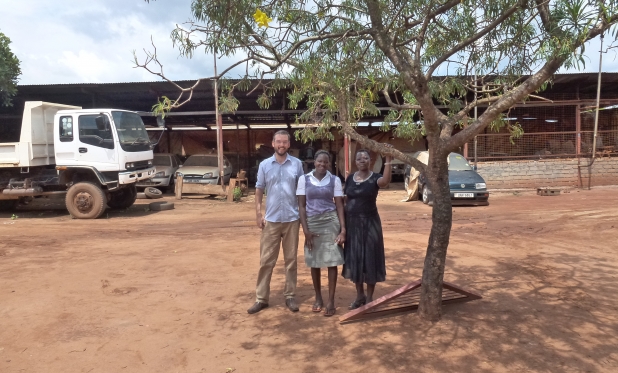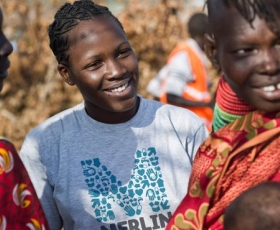Name
Phil (ACA)
Day job
Assistant Financial Controller
Assignment

Phil contacted AfID as he wanted to utilise his accounting skills in a more rewarding environment whilst having taking time out from his audit career. He decided upon a placement at a Ugandan NGO called Gulu Youth Development Association, which works to create employment opportunities for the under-privileged youth in the district. Phil spent three months there and found that not only was his experience an enjoyable, fulfilling one, but it also opened the doors to a full-time career in the international development sector. Upon his return to the UK it wasn’t long until Phil had found a salaried position at Merlin, an international health charity, sending medical experts to the frontline of global emergencies.
AfID caught up with Phil to see how life in the sector has been treating him since his career change in October 2014.
Can you tell us a little about your current role at Merlin and how it differs to your previous position with RSM Tenon?
At RSM Tenon, each day would tend to follow a prescriptive pattern, with your main tasks following the audit tool outline. At Merlin there hasn’t been a typical day! You go in to the office and who knows what will await you. You’ll have issues arising in your country offices which you’ll quickly need to work to resolve in the best way possible – for the organisation, and for the staff involved. The transition with SCUK has brought its own challenges but I’ve been lucky to have a great team to support me in ensuring that things go as smoothly as possible.
Many accountants worry about the transferability of their skills when moving to a new country and sector; have you found any specific experience from your past roles have been particularly relevant?
I’ve found time management and organisation to be crucial in every role, but the thing I never underestimate is the benefit of developing softer skills. This is especially a factor when working alongside people from different backgrounds from myself and from different cultures. Listening and explaining things clearly are extremely important. Building relationships within your department, your office and your other offices has proved invaluable in achieving success in a variety of tasks.
How easy was it to adapt to living and working in a different culture?
I’ve always tried to remain open to new ideas and ways of working. My time in Uganda was extremely worthwhile in teaching me how to engage with others, and to alter your perceptions and expectations. Things which would have wound me up in the UK didn’t affect me negatively, instead I learnt to appreciate any differences. At Merlin, this was very important as I have had to work with a number of departments in our country offices to obtain and share information.
Why did you choose to work in the International Development sector?
My time at RSM Tenon reinforced my belief that I found no personal value in working with multinational corporations. I longed for job satisfaction, which I hoped would arise from working in a challenging and ever changing environment, where your work can help give a better quality of life to people who aren't as fortunate as I have been lucky to be. Merlin has allowed me to be involved and party to a number of interesting humanitarian developments over the past year and has further enriched my experience in the sector.
Do you feel your voluntary experience at Gulu Youth development Association, Uganda, helped you gain your role at Merlin and prepare for life in your new role?
Undoubtedly working for GYDA gave me a great experience working with a partner organisation and allowed me to understand, and assist to alleviate, the difficulties indigenous NGOs face on the ground. It gave me exposure to areas of NGO work I’d not previous had an opportunity to work on, and using this experience I have utilised these skills at Merlin. Employers in the sector look for overseas experience and there’s very practical benefits from having this on your CV.
What would you say are the pros & cons of your decision to work in the sector?
The obvious con, and which puts off most accountants from working in the sector, is a perceived drop in salary. However I have experienced many more pros which outweigh this. The people I deal with, the work I undertake and the things I learn are all more enjoyable and more valuable than anything I would have enjoyed had I stayed in audit or moved to another sector. I now also have a reasonably unique opportunity to travel to vastly interesting corners of the globe. I can’t think of many more jobs which gives an accountant such opportunities.
What ‘do’s and dont’s’ would you give to anyone thinking of travelling and working in a less developed country?
Do – research where you’re planning on going to, and take notice of safety concerns and any health risks. Do relax and remain open to every opportunity which comes your way. Make as many friends as you can. With GYDA the friends I made filled my spare time with so many interesting and enriching experiences. Do budget correctly and do keep your family informed of your decision.
Don’t – Don’t expect life to be like it is at home. You will experience a new way of living and don’t complain when life is unusual – instead learn to embrace it.
What would be your advice to other accountants considering a similar career change or looking to break into the sector?
It is a gamble but it is worth it. You may have to be willing to take positions you think you’re too qualified for (at Merlin I took a more junior position after Uganda but earned promotion by proving myself) and you may have to accept that some jobs in the sector aren’t as involving, or have as direct an influence on beneficiaries' lives as you’d like. But once you’re in the sector and you can prove yourself you’ll find a wealth of opportunities available. Work hard, identify what you want to achieve and you’ll eventually find doors which open for you, and you can get a job which ticks the boxes you’re after.




